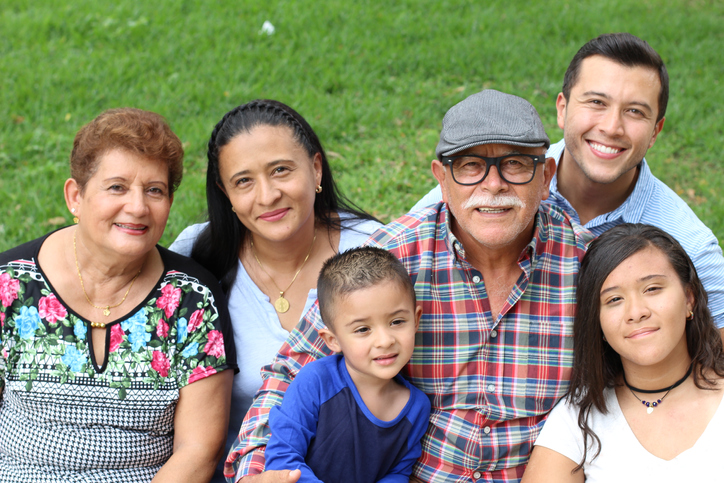

There is a crack in our nation’s foundation. Although it is historically referred to as the achievement gap, today we more accurately call this the teaching and learning gap. When children fail to reach their full potential, this weakens families’ fundamental ability to thrive. Over 30 years ago, the National Center for Families Learning (NCFL) developed a family literacy model that is still showing positive results for families as they strive to improve their academic and economic trajectories through multigenerational learning.
Over the decades, there have been some well-intentioned programs and money spent trying to close the gap by focusing solely on children’s education. But doing so essentially places a Band-Aid over a growing divide, rather than addressing the underlying issue—that is, how can children succeed when their parents or caregivers are struggling themselves? To truly close the gap in achievement between low-income and higher-income students, we must invest in the entire family. Family literacy offers a space for both children and their families to learn—together. In NCFL’s family literacy programs, children are becoming kindergarten ready or are reading at grade level while their parents or caregivers are learning job skills and how to navigate school systems, advocate for their children, and support their children’s education.
When families learn together, they set themselves on a new trajectory. Learning and education become a part of the families’ DNA moving forward. When we look at research in education, we see a strong correlation between a child’s academic achievement and the educational attainment of the parent, particularly the mother. Adult education is an important piece of the puzzle, and when we combine children’s education with adult education, the impact is greater and stronger for families. Children learn the value of education from seeing their parents achieve.
Many of the children who have been identified as underachieving come from families who have some of the biggest hurdles to overcome—generational poverty, language barriers, and a lack of academic support—to name a few. Parents and caregivers with low literacy rates have fewer employment opportunities and don’t have the tools to improve their situations. Improving literacy rates translates to developing a stronger workforce. As parents or caregivers achieve their educational goals, they become better candidates for jobs. NCFL has witnessed millions of families improve their education and economic attainment through family literacy. In NCFL family literacy programming, as parents work toward their academic goals, it has been demonstrated that they become more engaged in their children’s education.
The family literacy model NCFL deploys is producing dramatic results. Independent evaluations of family literacy programs have found:
Children whose parents help them learn to read score ten points higher on standardized reading tests than those whose parents are less involved in their learning (NCFL research).
Children who attend family literacy programs attend, on average, 16 more days of school each year (Detroit Family Literacy Programs).
Of the parents who participated in NCFL family literacy programming for longer than six weeks, 56% reported they got a job or a better job. This is one demonstration of how NCFL family literacy programming translates into employability skills (NCFL research).
To effect lasting change, it’s time to invest in the entire family. Family literacy should be incorporated into existing safety-net services. Educational efforts that embrace an intergenerational approach will fill the gap and lay a solid foundation for generations to come. Building a stronger family is building a stronger country.
Sharon Darling is president and founder of the National Center for Families Learning.







